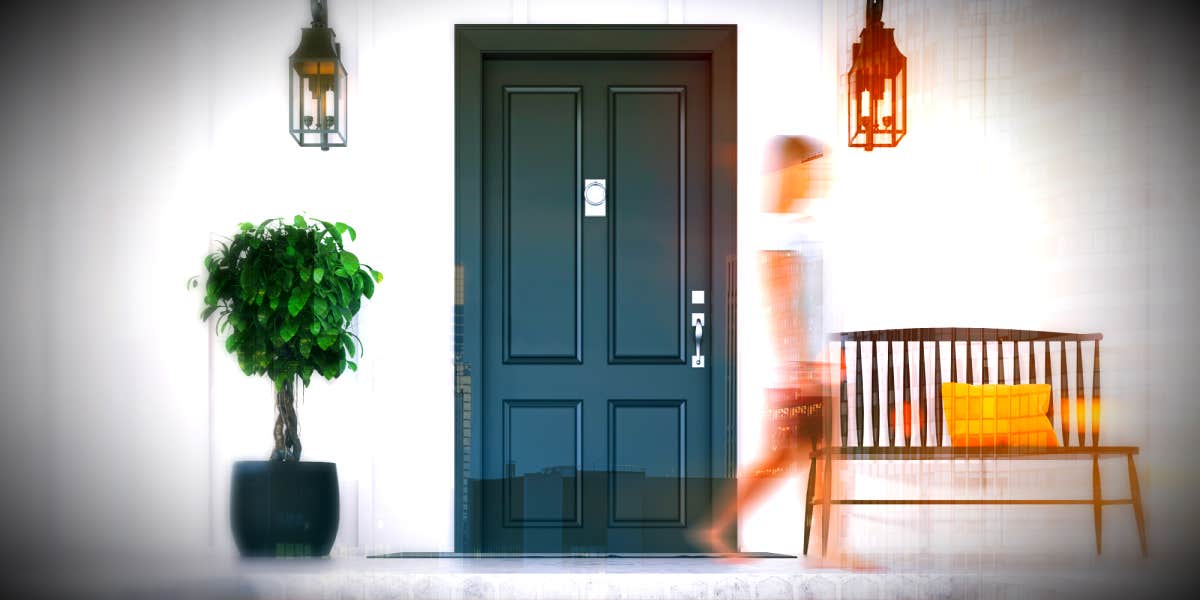
Make the best decision when it comes to the largest asset in a divorce.
By Holly Davis — Written on Mar 07, 2022
Photo: Image Flow / Shutterstock.com

As a family law attorney, one of the most frequent questions I get asked during a divorce consultation is "Who gets to keep the house?"
It can be a powerfully emotional question. Homes are the repository of memories, milestones, cherished possessions, and personal history.
And a house is typically the largest single asset that a couple has to split in a divorce, making it a catalyst for disputes and division.
Decisions around the marital home may also overlap issues such as child custody or even the daily commute to work.
RELATED: 5 Key Assets To Protect During Divorce
Should you keep the house after divorce?
While keeping your home after a divorce may seem to offer some much-needed stability during a time of upheaval, it's important to make a full assessment of whether or not this is truly the best possible option.
One of the first issues a court will consider is a stable home life for children.
There's a universal desire by the court in divorce cases to minimize the impact on children when a family is going through a divorce.
Therefore, the parent who will be taking care of the children more days out of the year could argue against not uprooting the children from the location that's most comfortable and familiar to them.
Courts also want to keep the person in the home who can most afford to live there.
However, just because you might not make as much money as your former spouse does not mean keeping the house is out of the question.
What matters is the overall total value of all of the assets you and your spouse accumulated during your marriage, and whether or not there's enough in the total estate to equitably divide between both parties.
One partner may have to "buy out" their ex's share of the house to make the arrangement equitable.
But if neither partner can afford to do so and there isn't enough in the estate to give one partner the house and the other partner assets of an equivalent value, no one will keep the house.
Instead, it will be sold in the interest of creating a fair division of assets.
RELATED: 8 Steps To Divorce: Charting Your Own Course To Getting ‘Unmarried’
If you're deciding who should keep the house after divorce, there are 7 important questions to consider.
1. Do you want a certain amount of money or more liquidity?
Would you rather have an asset worth a certain amount of money in an uncertain market or would you rather have more liquidity?
2. What is your monthly budget?
In addition to a mortgage payment, a home comes with maintenance expenses. A less expensive rental might help a single income go farther.
3. What are your retirement goals?
Would a lower-cost rental help you stick to your monthly retirement savings plan?
4. Where will your children be in the next few years?
Will they be off to college and living on their own? Or will you still need room for them in your home?
5. Where will your parents be in the next few years?
Is it possible they will need a caregiver close by?
6. Could your career benefit from or necessitate a move?
Some people's careers benefit, for example, when they move to smaller, less competitive areas. Some benefit when they relocate to bigger towns.
7. Does the home hold unpleasant memories?
You might benefit by separating from those.
Related Stories From YourTango:
If you have a steady income stream, can afford to pay the mortgage, and can give your spouse assets of an equivalent value, then you're on a good financial footing to remain in your home. But if it might be a stretch of your budget, assess the big picture.
Think in terms of your long-term goals, the well-being of your children, and your financial future. In the thick of a divorce, it can sometimes be hard to answer the "Where do you see yourself five years from now?" question.
But take some time to consider how much your life has changed from what it was five years ago and how much it might change five years from now.
Divorce is not just an end, it can be a new beginning, and that new beginning might include a new home.
RELATED: A Divorce Lawyer Reveals The Craziest Divorce Case She Ever Experienced
More for You:
Holly R. Davis is an accomplished and nationally-recognized family law trial attorney with over ten years’ experience. A founding partner of Kirker Davis LLP, her legal practice focuses on high asset divorce, business and professional divorce, custody matters, and complex litigation.
